Like everything else in 2020, this Thanksgiving will need to be different. As countless health officials have already said, gathering with people outside your household is strongly discouraged as surging COVID cases flood our already overtaxed healthcare system. Regardless of your plans, we encourage SURJ members to spend this quieter Thanksgiving season considering the day’s history from an Indigenous perspective, generating challenging discussions with other white people, and committing or recommitting to support Indigenous communities through this season and beyond.
The classic American Thanksgiving narrative of Indigenous peoples welcoming white settlers to celebrate the harvest together is one of many mythologies that upholds white supremacy, as it valorizes colonialist narratives and erases the experiences of Indigenous peoples over the past four hundred years up through today. The reality of the 1621 feast entails a complicated story of alliances and compromises between the Pilgrims and members of a Wampanoag nation, which had already been ravaged by diseases brought by earlier European settlers. The tradition that we call Thanksgiving didn't begin until 1637, when Thanksgiving Day was declared by the governor of Massachusetts Bay Colony to commemorate "subduing the Pequots," referring to a massacre of over 700 indigenous people by Dutch and English mercenaries during their Green Corn Dance the previous day. From its earliest inception, Thanksgiving has been a day linked to violence toward Indigenous communities.
This violence is not exclusively historical either. To this day, treaties continue to be disrespected and destroyed, allotted Native territory is desecrated, and Indigenous communities are disproportionately disadvantaged by American laws and systems. This Thanksgiving and beyond we need to acknowledge that we live on un-ceded territory, and that Indigenous people still exist and are owed a debt that will never be repaid.
We must also be aware of where our resources, such as water, heat, and electricity, originate. Relentless resource exploitation takes place on Native lands in the form of coal, copper, and uranium mining, fracking, and nuclear waste disposal, all resulting in toxic pollution. While profits are siphoned away by private companies or the federal government, the communities these resources come from suffer environmental destruction and devastating impacts on health and quality of life. Time and again, profits are privileged over the lives and livelihoods of BIPOC communities, including in our own backyards.
This Thanksgiving, we must acknowledge what has been stolen from Indigenous peoples and follow the guidance of those communities in working to redress centuries of harm. As we acknowledge history and the present impact of white supremacy on Indigenous people, we can explore ways we can support Indigenous communities, both local and beyond. Check out efforts like the Land Back movement and Seed Savers Exchange for ways to plug in today.
In solidarity,
SURJ NYC
